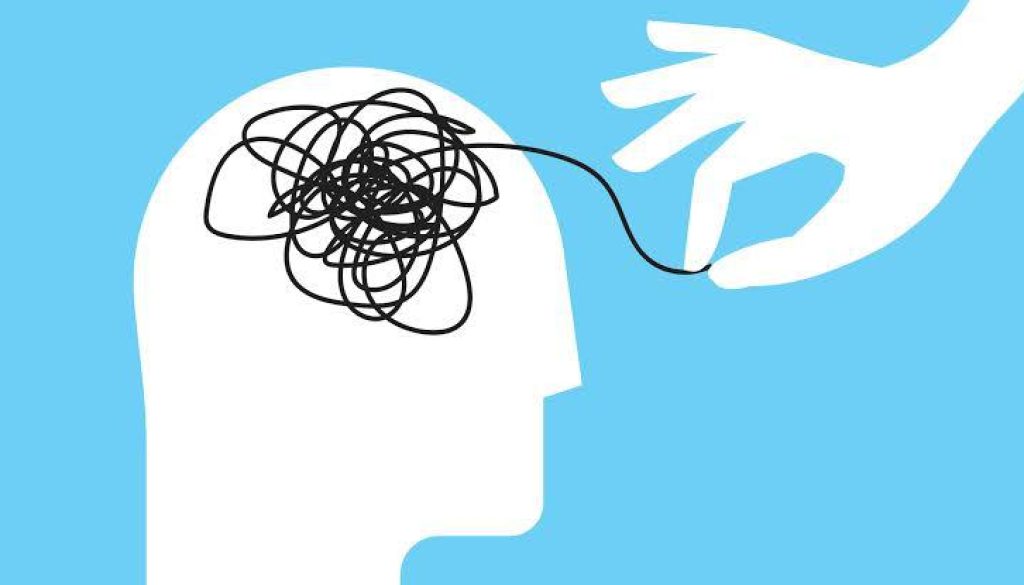Mental Health in Nigeria Challenges and Solutions
Mental health is a vital aspect of overall wellbeing and it’s essential to address the unique challenges faced by Nigerians. Despite the importance of mental health Nigeria faces significant obstacles in providing adequate care and support. In this article we’ll delve into the challenges and potential solutions for mental health in Nigeria.
Challenges facing mental health in Nigeria
Stigma and cultural beliefs are significant barriers to mental health care in Nigeria. Mental health issues are often stigmatized in Nigerian culture with many viewing mental illness as a sign of weakness or a curse. This stigma can prevent individuals from seeking help. In some cases family members may attribute mental health conditions to supernatural forces or evil spirits leading to further stigmatization.
Limited resources and infrastructure are another significant challenge facing mental health care in Nigeria. Nigeria’s mental health care system is severely underfunded and understaffed. There are only 12 federal psychiatric hospitals in the country and many states lack mental health facilities. This shortage of facilities and personnel makes it difficult for individuals to access mental health care.
The lack of mental health professionals in Nigeria is a pressing concern. Nigeria has a significant shortage of mental health professionals including psychiatrists psychologists and counselors. This shortage makes it challenging for individuals to access specialized care and support.
Poverty and socioeconomic factors also play a significant role in mental health outcomes in Nigeria. Poverty unemployment and socioeconomic inequality can contribute to mental health issues such as depression anxiety and substance abuse. Individuals living in poverty may experience chronic stress and trauma which can exacerbate mental health conditions.
Trauma and conflict are additional challenges facing mental health care in Nigeria. Nigeria has experienced several conflicts including the Boko Haram insurgency which has led to trauma and mental health issues for many individuals. The displacement of people and destruction of communities have resulted in a significant need for mental health services.
Solutions for mental health in Nigeria
Increase funding and resources for mental health care
The Nigerian government should allocate more funds to mental health care including the construction of new facilities and the training of mental health professionals.
Reduce stigma through awareness.
Public awareness campaigns can help reduce stigma and promote understanding of mental health issues. These campaigns can be implemented through various channels including social media television and radio.
Integrate mental health into primary care.
Mental health services should be integrated into primary care facilities making it easier for individuals to access care. This integration can help identify mental health issues early on and provide timely interventions.
Develop community-based mental health programs.
Community-based programs can provide mental health services support and education to individuals and families. These programs can be tailored to meet the specific needs of each community.
Promote mental health in schools.
Mental health education should be incorporated into school curricula to promote awareness and understanding among young people. This education can help students develop healthy coping mechanisms and reduce stigma around mental health issues.
Encourage collaboration between traditional and modern mental health practitioners.
Collaboration between traditional healers and modern mental health practitioners can help bridge the gap in mental health care. Traditional healers often have a deep understanding of local cultures and beliefs which can be leveraged to promote mental health awareness and understanding.
Develop mental health policies and laws.
Nigeria needs comprehensive mental health policies and laws to protect the rights of individuals with mental health conditions. These policies and laws can help ensure that individuals receive adequate care and support.
Conclusion
Mental health is a critical aspect of overall wellbeing and Nigeria faces unique challenges in providing adequate care and support. By addressing these challenges and implementing solutions Nigeria can improve mental health outcomes and promote a healthier more supportive society.



